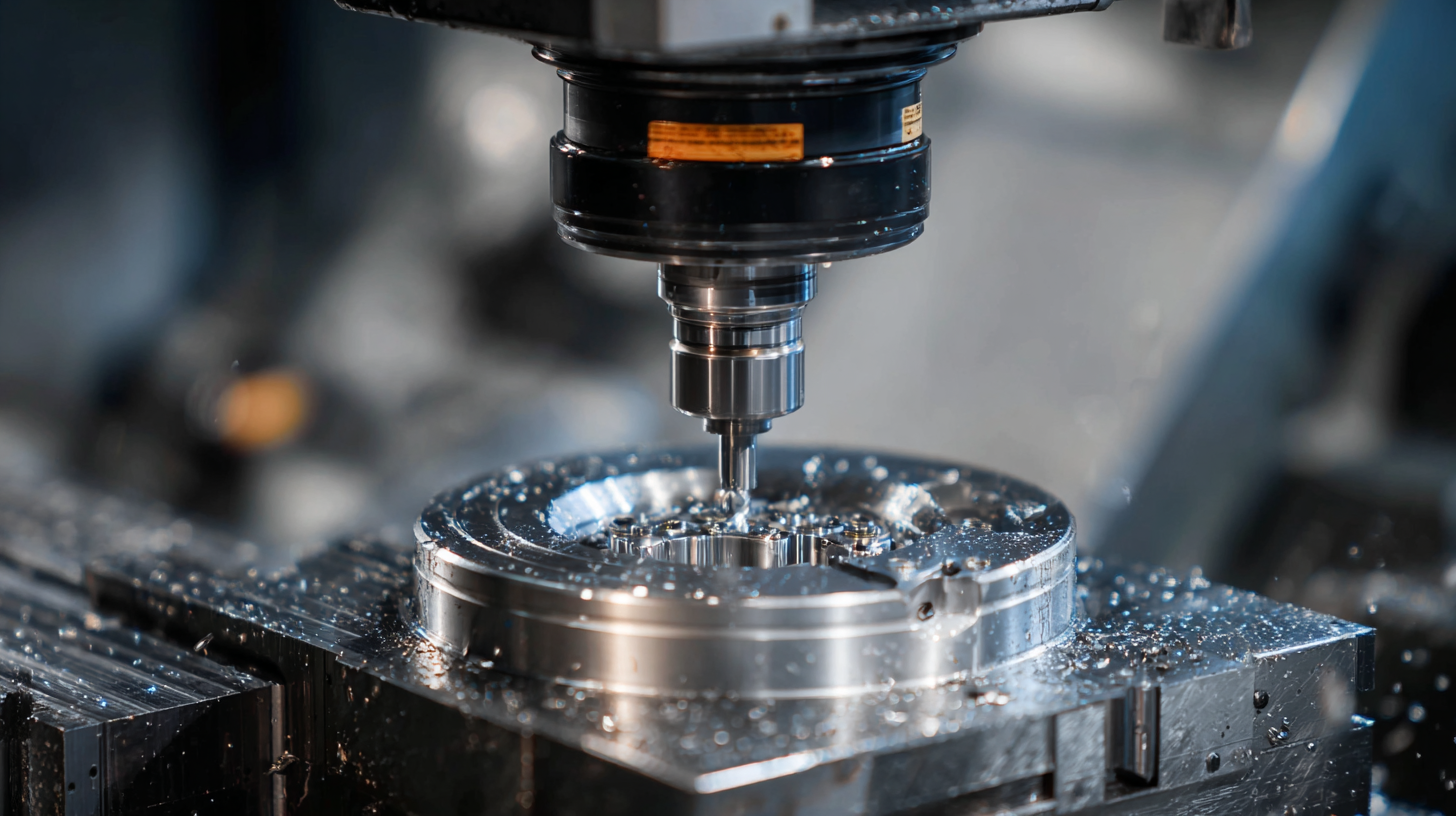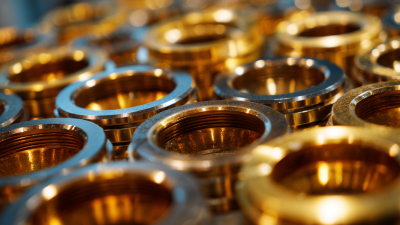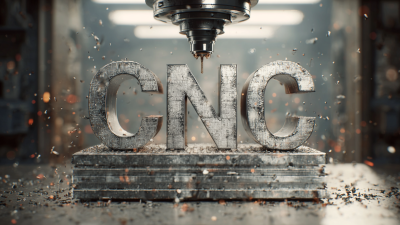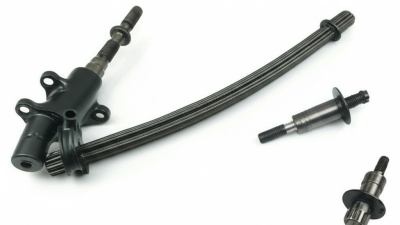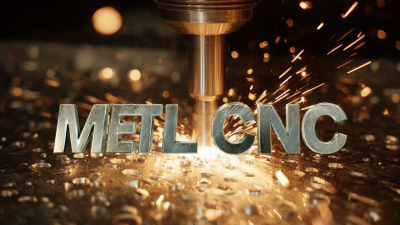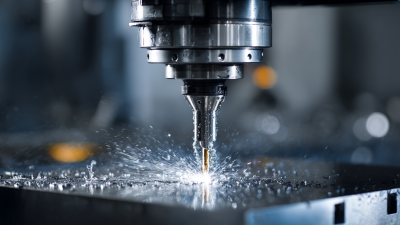
- sales@bjbod.com
- Mon - Sat at 7:00AM to 9:00PM

In an era where precision engineering and efficiency are paramount, choosing the right Piese Cnc (CNC Parts) for your manufacturing needs is critical for success. The global CNC machine market is projected to reach USD 100 billion by 2026, growing at a CAGR of 6.5% according to recent industry reports. This growth is indicative of the rising demand for bespoke manufacturing solutions that require high levels of accuracy and repeatability.
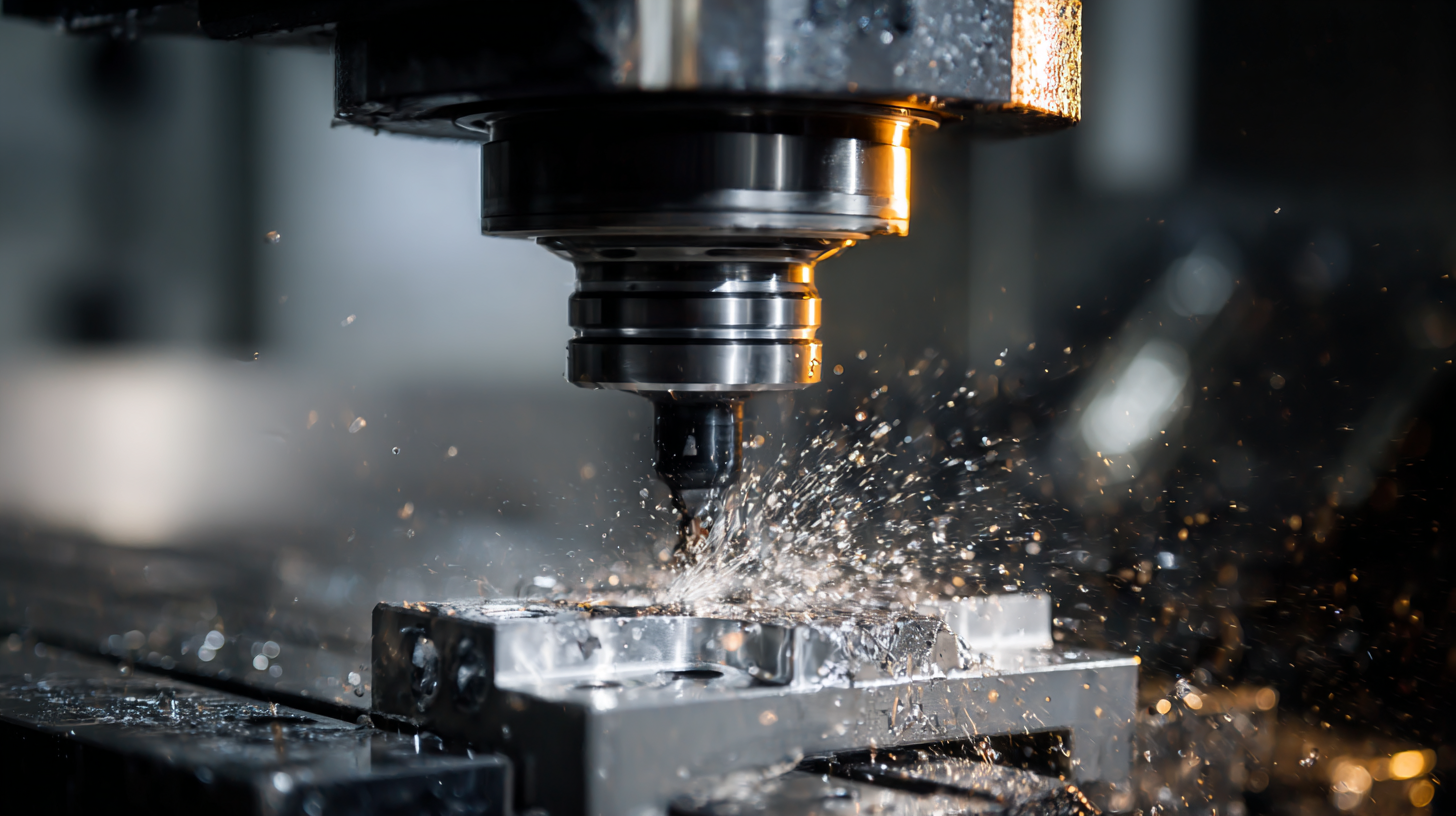
With advancements in technology, CNC systems have become more accessible, yet with a variety of options available, selecting the appropriate Piese Cnc can be daunting. Understanding the specific requirements of your projects, the material compositions, and the capabilities of different CNC components is essential for optimizing productivity and achieving superior outcomes. As manufacturers strive to remain competitive, investing in the right Piese Cnc not only enhances operational efficiency but also contributes to long-term profitability and innovation.
Choosing the right CNC machine for your manufacturing needs starts with a clear understanding of your specific requirements and constraints. The demand for precision manufacturing is growing, with the global CNC machining market projected to reach $100 billion by 2026, according to a report by Market Research Future. This growth underscores the importance of selecting a CNC machine that aligns with your production capabilities, material types, and desired tolerances.
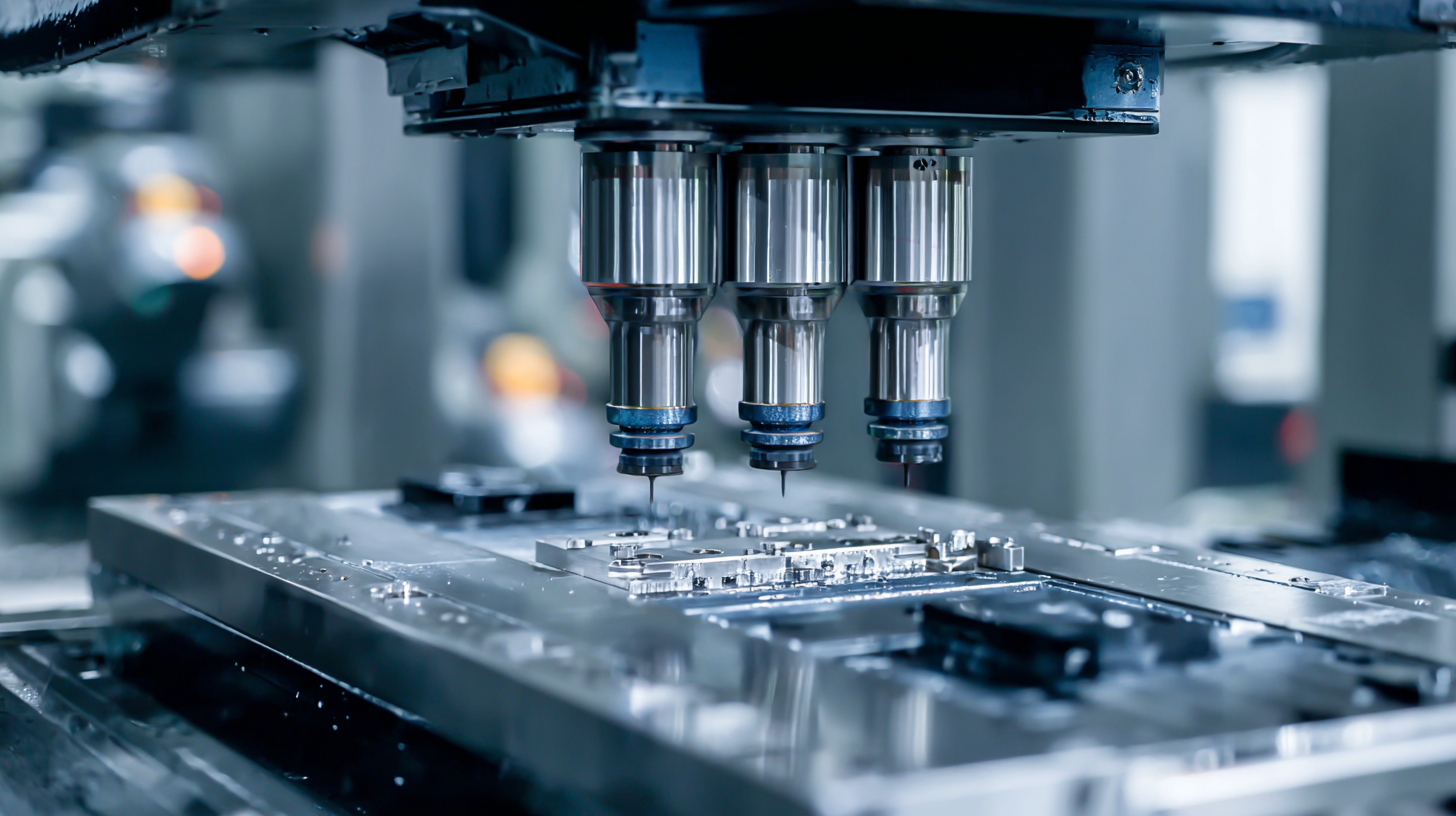
When evaluating your needs, consider factors such as material compatibility, production volume, and the complexity of the parts you intend to manufacture. For example, if you primarily work with metals, look for CNC machines that excel in metalworking capabilities. It's essential to assess the machine's spindle speed, feed rates, and tool compatibility to ensure it meets your operational requirements.
Tip: Always consult with your team to identify any specific manufacturing challenges you face, allowing you to choose a CNC machine that mitigates these issues effectively. Additionally, evaluating the machine's maintenance requirements and downtime can significantly influence your long-term operational efficiency.
Tip: Don’t overlook the importance of scalability. As your business grows, your CNC capabilities should expand, so consider investing in modular systems that can adapt to future demands, ensuring longevity and flexibility in your manufacturing process.
When selecting the right Piese CNC machine for your manufacturing needs, several key features should be top of mind. First and foremost, assess the machine's precision and accuracy, as these are crucial for producing high-quality parts. Look for a CNC that offers a resolution of at least 0.001 inches to ensure meticulous detail in your projects. Additionally, consider the machine's speed and feed rates; faster machines can significantly enhance production efficiency.
Another important feature is the control system. A user-friendly interface can greatly simplify the programming process, making it accessible for operators of varying skill levels. Opt for CNC machines that support popular software and programming languages, which can facilitate smoother integration into your current workflows.
Tip: When evaluating CNC machines, it's beneficial to request demos or trials if possible. This hands-on experience can help you gauge how well the machine meets your operational requirements.
Lastly, don't overlook the machine's build quality and material compatibility. A robust construction will not only extend the lifespan of the machine but also affect the types of materials you can work with. Ensure that the CNC you choose aligns with your specific manufacturing needs, whether you’re dealing with metals, plastics, or composites.
When it comes to selecting the right CNC machine for your manufacturing needs, understanding the different types of CNC machines is crucial. Each type serves specific purposes and is designed to cater to various manufacturing processes. For instance, CNC milling machines are ideal for creating complex parts with intricate designs, making them perfect for industries that require precision and detail. If you are looking to shape materials, CNC lathes provide a reliable solution, especially for cylindrical or rounded components.
Another key type is the CNC router, which excels in cutting and carving softer materials like wood, plastic, and foam. This makes it popular in woodworking and sign-making industries. For applications requiring high-speed operations and superior accuracy, plasma cutters and laser cutters are excellent choices, especially in metal fabrication. By assessing the materials you plan to work with and the intricacies of your design, you can better determine which CNC machine will best meet your manufacturing demands. Understanding these distinctions ensures that you invest in a machine that maximizes efficiency and enhances production quality.
When selecting a CNC piece for your manufacturing needs, evaluating brand reputation and support services is crucial. A well-established brand often signifies reliability and quality, ensuring that you’re investing in a machine that meets industry standards. Researching customer reviews and testimonials can provide insights into the performance of the CNC machines and the brand’s reliability. A brand with a robust reputation usually comes with a track record of delivering consistent results.
Tip: Always check for companies with positive feedback, especially regarding their customer service interactions. This aspect can be pivotal when you face technical issues or require support.
In addition to brand reputation, it’s essential to consider the quality of support services offered. A manufacturer that provides excellent after-sales support can make a significant difference in your overall experience. Look for companies that provide comprehensive service packages, including training, troubleshooting, and maintenance.
Tip: Before making a decision, reach out to potential suppliers and inquire about their support processes. A responsive and knowledgeable support team can save you time and reduce downtime, enhancing your manufacturing efficiency.
When considering the acquisition of a CNC machine, budgeting plays a crucial role in ensuring that your investment aligns with your manufacturing goals. Understanding the costs involved not only during the initial purchase but also throughout the lifespan of the machine is essential for making an informed decision. Start by evaluating the price range of CNC machines that fit your operational needs, and remember to account for various specifications that could influence the cost, such as accuracy, speed, and additional features.
Maintenance costs are another significant aspect that should not be overlooked. Regular servicing and potential repairs can accumulate over time, impacting your overall budget. It’s wise to consult with manufacturers or suppliers about expected maintenance schedules and associated costs. Additionally, consider setting aside a contingency fund specifically for unforeseen repairs, which can occur with any machinery. By accurately forecasting both the upfront and ongoing expenditures, businesses can optimize their CNC machine investments and enhance their production efficiency effectively.
